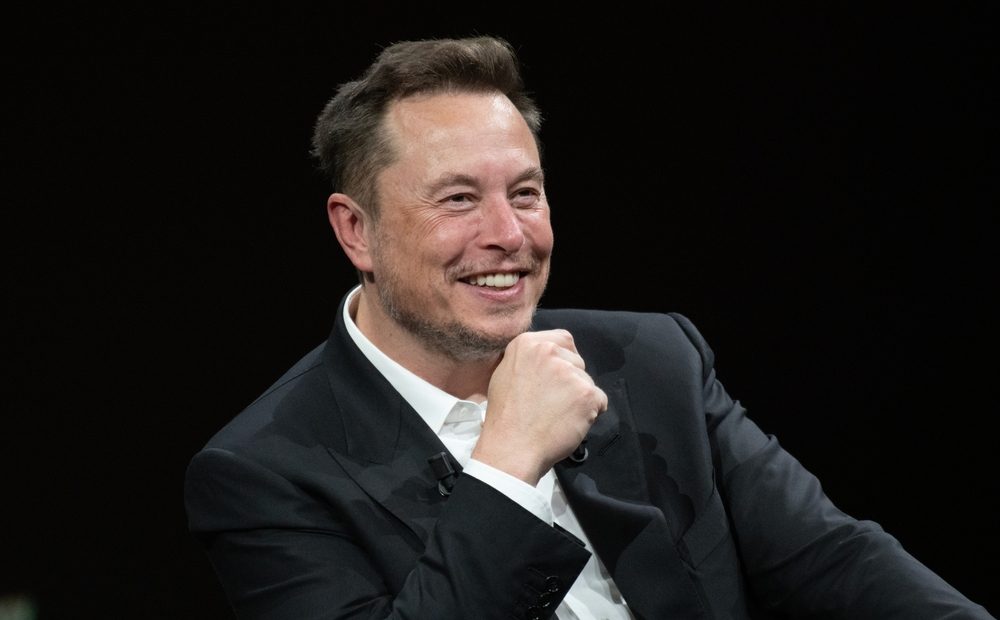Understand Your Rights. Solve Your Legal Problems


Elon Musk, the tech mogul known for his ventures in electric vehicles and space exploration, has set his sights on the world of artificial intelligence with a $97.4 billion (£78.7 billion) proposal to acquire OpenAI. This proposal comes just months after Musk initiated legal action against the company, which co-founded in 2015 alongside Sam Altman. Musk’s bid has sparked fresh tensions between him and OpenAI's leadership, particularly as the company continues to evolve with products like ChatGPT, which revolutionized AI in late 2022.
Musk’s frustration with OpenAI's shift from its original non-profit status to a more for-profit model is at the heart of his legal action and acquisition offer. OpenAI’s shift is seen by Musk as a departure from its core mission, which he championed when the organization was first established. In a press release, Musk stated: "It's time for OpenAI to return to the open-source, safety-focused force for good it once was. We will make sure that happens."
Musk’s vision is one of restoring transparency, accessibility, and safety in AI development—principles that he believes are being compromised by OpenAI's new direction.
Musk’s offer is backed by his competing AI firm, xAI, which could merge with OpenAI if the deal goes through. The merger would unite two major players in the AI space under Musk’s leadership, and this prospect has raised significant interest within the tech community. However, the offer pertains specifically to the non-profit entity overseeing OpenAI and not the entire company, making the proposal a complex and strategic move in the ongoing AI war.
OpenAI has seen remarkable success, particularly with the launch of ChatGPT, which garnered global attention for its capabilities. The company was valued at $157 billion (£127 billion) during its most recent funding round in October 2024. For Musk’s $97.4 billion bid to be successful, the investing consortium would need to mobilize considerable financial resources, reflecting both the potential and the immense challenges of taking control of one of the most valuable tech companies in the world.
Musk’s bid also reignites tensions with Sam Altman, OpenAI’s current CEO. The two have had a fraught relationship since Musk left the OpenAI board in 2018, and the rift has only deepened in recent months. Altman’s response to Musk’s offer was sharp and dismissive: "No thank you but we will buy Twitter for $9.74 billion if you want."
no thank you but we will buy twitter for $9.74 billion if you want
— Sam Altman (@sama) February 10, 2025
This witty retort highlights the personal dynamics and ongoing rivalry between the two tech giants, which have become increasingly public. The dispute between them over the future of OpenAI underscores deeper ideological divides about the role of profit in AI development and the responsibility companies have towards the global community.
Alongside his acquisition proposal, Musk has filed a lawsuit against OpenAI and Altman, alleging they violated a contract by shifting the organization’s focus towards profit. Musk claims that OpenAI has strayed from its original promise to develop AI responsibly and offer it for free.
The lawsuit has led to a high-profile legal battle, with Musk seeking a court order to prevent OpenAI from becoming a for-profit entity. The case was heard in federal court last week, where US District Judge Yvonne Gonzalez Rogers allowed the lawsuit to move forward. A decision on Musk’s request for an injunction is still pending, but the case is set to proceed to a jury trial.
The outcome of Musk’s legal action and acquisition bid could have profound implications not only for OpenAI but for the future of artificial intelligence itself. OpenAI, with its groundbreaking AI models like ChatGPT, has become a dominant force in the field. Musk’s vision of a more open-source, safety-oriented approach to AI development stands in contrast to OpenAI’s evolving business model, which increasingly focuses on monetization.
With tensions high and both sides fiercely advocating for their respective visions, the battle over the future of OpenAI and ChatGPT is far from over. Musk’s proposal and legal actions have placed a spotlight on the fundamental questions of how AI should be developed and who should control its future.
The high-stakes drama between Elon Musk, OpenAI, and its leadership is a defining moment for the future of artificial intelligence. As Musk pushes for a return to the core principles of openness and safety, and OpenAI embraces a more profit-driven path, the broader AI industry is left to consider the long-term consequences of these competing visions.
Musk’s bid for OpenAI, paired with his legal challenges, signals a pivotal moment for the AI industry as a whole. The implications of this battle—whether or not Musk succeeds in acquiring OpenAI—will shape the course of AI development for years to come. As Musk himself declared, "We will make sure that happens."
ChatGPT was launched in November 2022 by OpenAI, an artificial intelligence research organization co-founded by Elon Musk, Sam Altman, Greg Brockman, Ilya Sutskever, John Schulman, and Wojciech Zaremba in December 2015.
OpenAI initially began as a non-profit organization with a focus on developing artificial intelligence safely and for the benefit of humanity. Over time, it shifted towards a "capped-profit" model to attract the funding necessary for building advanced AI systems like ChatGPT.


